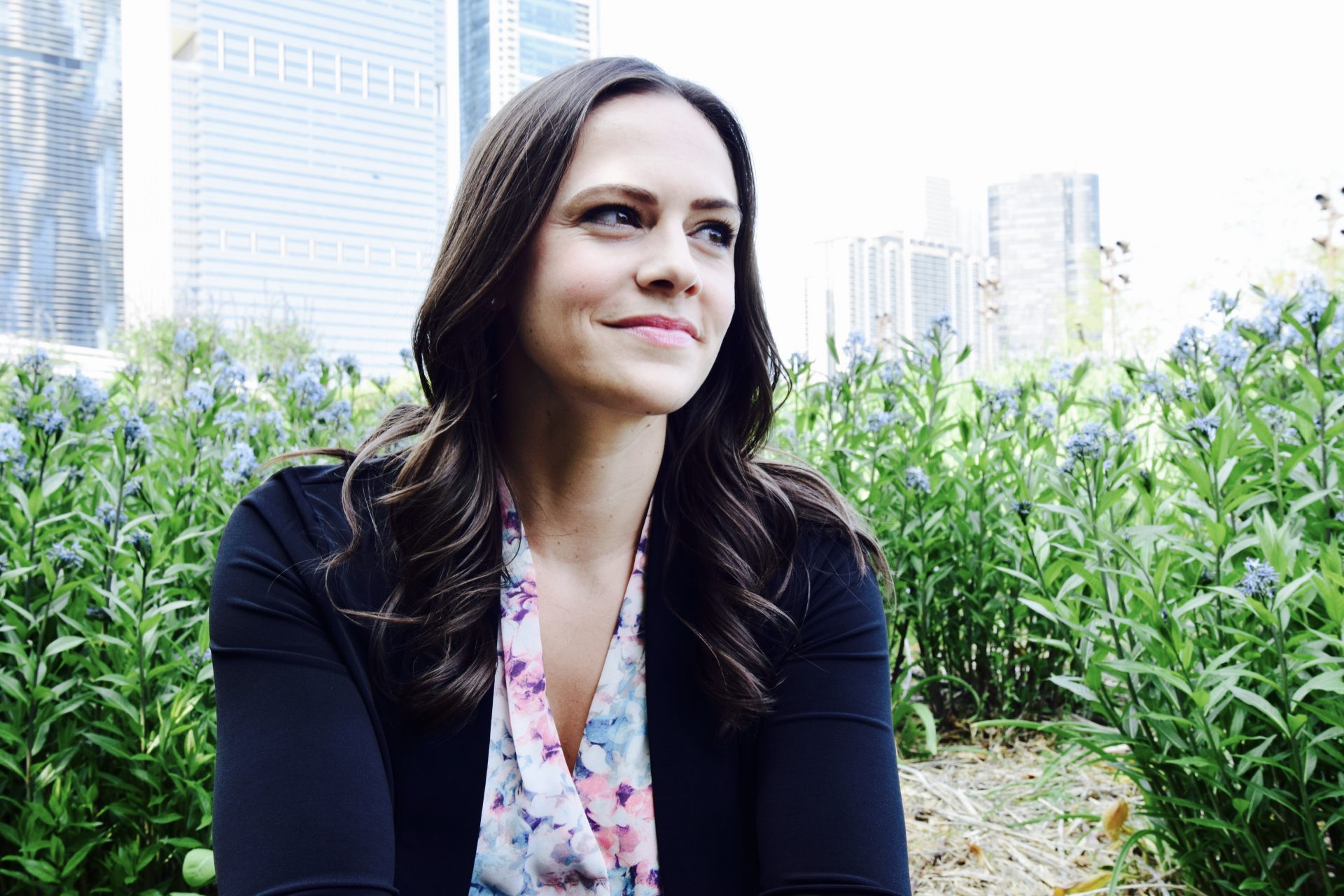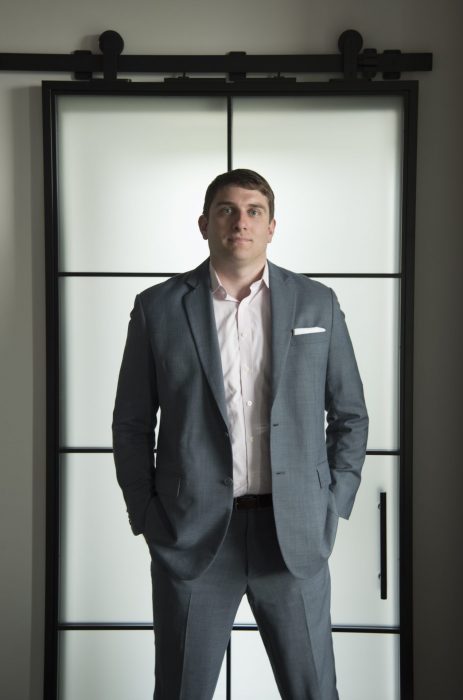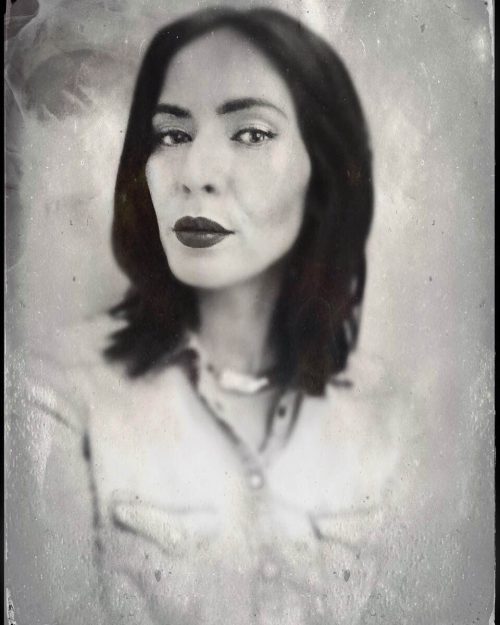Jackie Lennon’s daily routine is all over the place. From talk therapy with undergraduates to working bedside with the chronically ill, active listening happens regardless of the location. By hearing others out, she better understands the human condition. As a therapist, Jackie hope she can help others realize we are really all the same.
Did you always know that you wanted to be a therapist?
Around the end of high school I started thinking about psychology, which is the study of the mind, behavior and life. I knew whatever career path I chose had to revolve around helping others. I honestly can’t imagine myself doing anything else.
Why does psychology fascinate you?
We’re all so different yet so alike. I find it fascinating that two people can be in the same situation and make very different choices, and vice versa. I love finding out what motivates people and the different facets of their personalities.
Describe your first therapy session.
While I had done a lot of mock therapy before I saw my first patient, my hands were still shaking so badly I had to cross them in my lap. However, after my first session I was a lot more confident in my innate and learned skills. As that anxiety slowly went away, I felt like I could really help my patients.
What are those innate abilities that makes you a skilled therapist?
I am a curious, compassionate and empathetic person who can connect with all kinds of people. I can generally, and genuinely, understand what they are going through.
Is it hard to take the therapist hat off after work hours?
Yes. Active listening I use with anyone I’m engaged with. But there are times I catch myself and think, it’s not your place to offer someone a lesson in cognitive distortion. (Laughs) On the flip side, I have a lot of people in my life who dump on me. I don’t think it’s necessarily because I’m a therapist but rather because I’ve always been a listener. So I remind them that, occasionally, I need to talk. And thank god for therapists whose speciality is giving therapy to other therapists.
People oftentimes joke that therapists are crazy because they have to sit around and listen to other people’s problems all day long. Is it harder to focus on your own issues when you’re constantly focused on the other?
Ironically, I probably spend too much time introspectively examining myself. It’s a mindset that is hard to escape.
Does it make you realize how we humans can become too self-focused?
Yes! We all have our issues and problems. That being said, I can’t tell you how many times someone has said to me, “You could write a book about my life. My past is crazy.” And sure enough they’ve had quite an interesting life but so has everyone. We’ve all experienced our challenges, mistakes and ups-and-downs. It helps me put my own dramatizations in perspective.
How do you toe the line between not revealing too much while also bringing your own experience into the picture?
Self-disclosure is on a patient-by-patient basis. You always want to ask, is this information helpful for my client? It’s a challenge not to say, “Me too!” when a patient is going through an experience similar to something you’ve gone through. While sharing can help the patient feel validated it’s a slippery slope when you start interjecting your own experiences into the relationship. The focus could be too much on you over time.
How do you throw up the emotional armor so you don’t take on your patient’s problems?
I rarely feel heavy after leaving a patient and attribute it to authentically processing my emotions in the moment. If I want to become tearful because I’m really moved by their story I allow myself to. When those walls come down the weight falls off.
Is listening a skill that you have to constantly sharpen?
Active listening is a constant challenge because it involves you being truly present. You are literally taking in every word that comes out of the other person’s mouth. Most people are two steps ahead thinking about what they’re going to say next.
Right! Why do you think that is?
I blame it on the constant narrator in our heads going, “Look at that tree. Buy toilet paper. Text your mother.” Listening is a skill that quiets down the chatter in our minds. It’s about not doing or thinking but just being. The human condition is to constantly think about ourselves in relation to the world. When someone gives you their pure attention it’s a great gift.
Does a patient ever say something that triggers a memory and suddenly, you’re distracted from the moment?
Absolutely. While it’s natural, I envision putting that thought on a cloud and pushing it out of my mind. Those tricks help me to be more mindful in everyday life.
How does your work enrich your life?
Connection is so important to the human experience. We’re so used to pretending everything is fine but if we could share a little more we could avoid so much pain. I’m so grateful to be in a field that promotes what I love most about life—learning from others, offering a support system and having intense connections with those who walked in my door as strangers.



